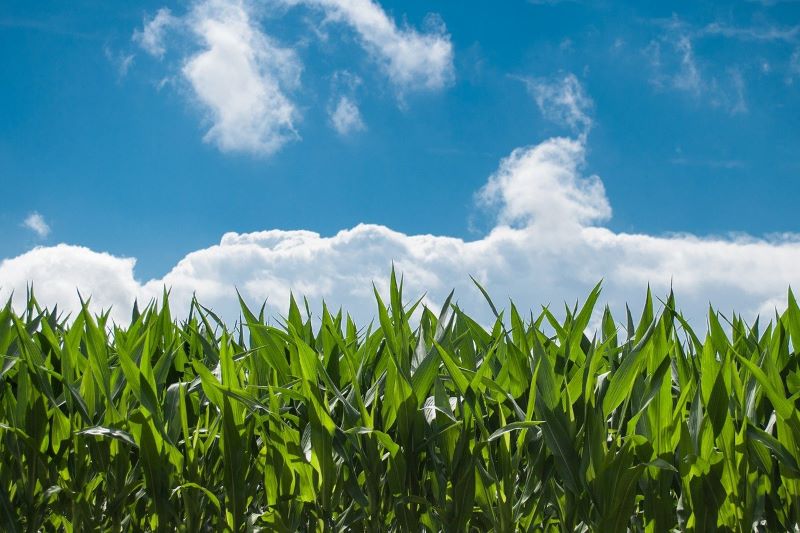Vietnam is seeing a sharp rise in grain imports as domestic production of rice and corn declines and the livestock and aquaculture industries expand. Farmers in key regions such as the Mekong Delta are shifting land from staple crops to more profitable activities, including shrimp farming, orchards, and lotus cultivation. This reallocation is reshaping supply chains and driving greater reliance on imported feed ingredients.
Livestock recovery has been especially strong, with swine and poultry herds benefiting from improved disease control, stable consumption, and favorable market prices. The pig herd alone grew 3.8% year-on-year in the first half of 2025, supported by rising investment in semi-industrial production and new partnerships between smallholders and commercial enterprises. Aquaculture output also advanced 4.9% to 2.6 million tonnes, with pangasius exports surpassing USD 1 billion.
Feed demand continues to rise in step with this growth, reaching 28.7 million tonnes in 2025 and projected to expand further in 2026. Corn remains the key component, accounting for nearly 39 percent of rations, though falling local harvests are pushing imports sharply higher. Purchases are expected to reach 13 million tonnes in 2025–2026, up almost 43% in five years, with Argentina and Brazil as leading suppliers. Soybean meal, mostly imported, is also a major input, while rice products are declining in importance as feed ingredients.
Vietnam is entirely dependent on imports for wheat, with volumes forecast to grow from 5.3 to 5.6 million tonnes, supported by steady demand from food processing and animal feed. Shipments of dried distillers’ grains and cassava also contribute to the mix, while exports of animal feed and ingredients rose 22% in the first half of 2025 to USD 603 million, led by sales to China.
The twin pressures of rising domestic consumption and robust exports are reinforcing Vietnam’s role as a dynamic player in regional feed and aquaculture markets, while deepening its dependence on global grain supply chains.
(Source: Grain Central)

